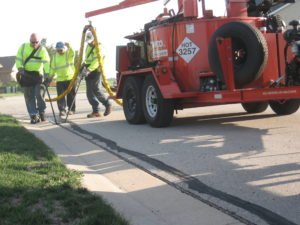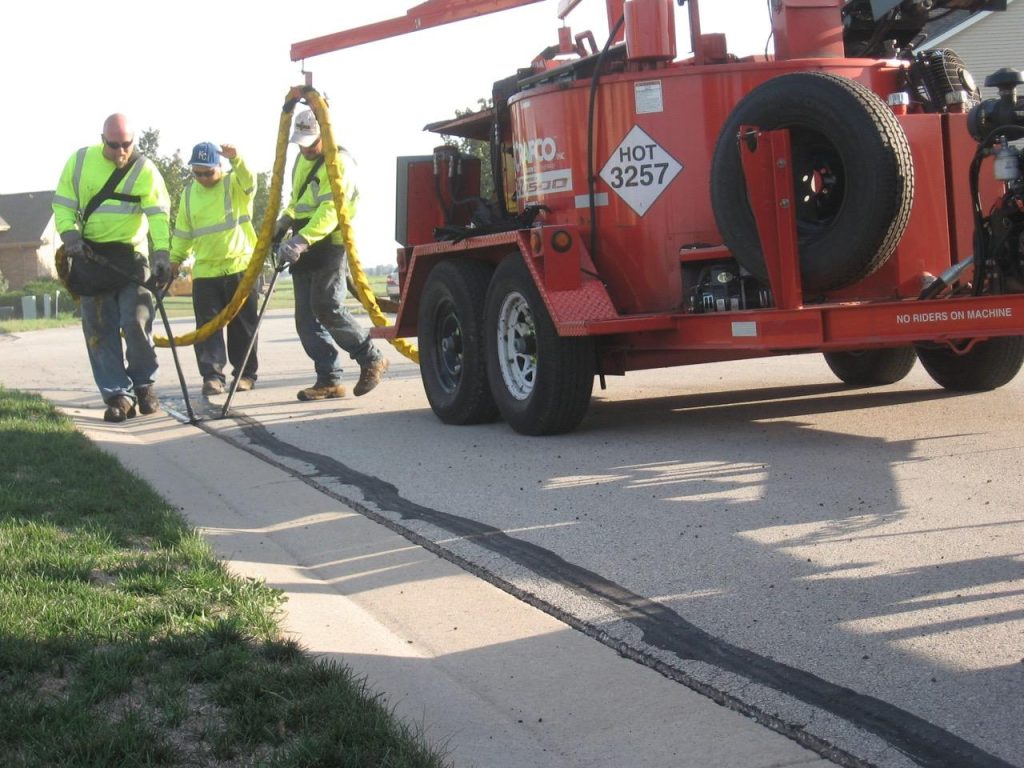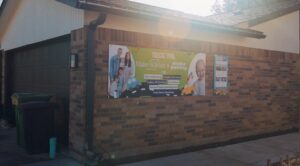 Despite the durability of asphalt pavement, even the best pavements will eventually develop cracks. Over time, exposure to ultraviolet radiation and repeated freeze/thaw cycles can cause the pavement to crack. Cracks might develop early in the pavement’s life if the workmanship or materials were inferior. Premature cracking can also indicate that the pavement is not subject to heavier loads or a higher volume of traffic than it was engineered to support. If not corrected, the water can quickly reach and erode the foundation, compromising the integrity of the entire structure and accelerating the pavement’s deterioration. Paving contractors can use two different methods to repair cracks in asphalt pavement. These are asphalt crack sealing and crack filling. Although many people use these terms interchangeably, they are two different methods designed for specific types of cracks. Both methods are extremely cost-effective ways to prevent water penetration and extend the life of the pavement, but the contractor must choose the right formula for the pavement in question.
Despite the durability of asphalt pavement, even the best pavements will eventually develop cracks. Over time, exposure to ultraviolet radiation and repeated freeze/thaw cycles can cause the pavement to crack. Cracks might develop early in the pavement’s life if the workmanship or materials were inferior. Premature cracking can also indicate that the pavement is not subject to heavier loads or a higher volume of traffic than it was engineered to support. If not corrected, the water can quickly reach and erode the foundation, compromising the integrity of the entire structure and accelerating the pavement’s deterioration. Paving contractors can use two different methods to repair cracks in asphalt pavement. These are asphalt crack sealing and crack filling. Although many people use these terms interchangeably, they are two different methods designed for specific types of cracks. Both methods are extremely cost-effective ways to prevent water penetration and extend the life of the pavement, but the contractor must choose the right formula for the pavement in question.
Is Asphalt Crack Sealing Effective? | What is the Difference Between Sealing and Filling?
The decision to fill or seal a crack depends primarily on whether it is a working crack. A working crack experiences movement that is typically horizontal and leads to a widening of the crack. The movement must generally be more than 2.5 mm for a crack to working or active. If there is less movement, the crack is considered inactive.
The use of asphalt crack sealer is for active cracks. These sealants adhere firmly to the sides of the crack, and since they are rubberized, they can flex when the pavement moves. Asphalt crack sealing involves placing the material into the void, over the crack or both.
Crack filling is merely the introduction of crack filler into the void. Asphalt crack filler is not rubberized and is therefore much more rigid than crack sealer. If the pavement moves, asphalt crack filler will usually tear free from the sides of the void or develop cracks of its own.
What Are Some Typical Types of Cracks?
There are seven broad categories for cracks in asphalt pavement. Specific cracking patterns are more likely to require the use of a crack sealer rather than an asphalt crack filler.
1. Longitudinal cracks are those that are parallel to the pavement’s edges or centerline.
2. Transverse or lateral cracks are perpendicular to the centerline or edges.
3. Reflective cracks seldom have a specific pattern. They reflect changes in the subgrade material by movement below the surface of the pavement.
4. Block cracks typically form a square or rectangle and may be spaced as much as 12 feet apart.
5. Seam or joint cracks develop along the seams in the pavement.
6. Edge cracks most often develop where the pavement meets concrete curbs.
7. Alligator cracks are interconnected cracks that resemble a reptile’s skin, a roadmap or chicken wire.
Crack filling is often suitable for block cracks and edge cracks. It may also be possible to fill some joint and reflective cracks. Crack sealing is usually the best method for repairing transverse cracks as well as most longitudinal cracks. Neither approach will be capable of repairing alligator cracks; in most cases, the damaged pavement should be removed and the foundation repaired.
Does Alpha Paving Offer Crack Repairs?
Alpha Paving is an asphalt paving company in Austin, Tx. We offers a complete line of asphalt maintenance services, including crack sealing and filling, pothole repairs, asphalt sealcoating, asphalt milling, asphalt resurfacing, parking lot striping, street maintenance, road construction and asphalt paving. We also repair and install concrete. Our clients include numerous subdivisions, apartment complexes, municipalities, airports, shopping centers, religious institutions, health care facilities, restaurants, retailers, educational facilities, hotels, office parks and industrial facilities throughout Central Texas. We have an outstanding reputation that is based on the quality of our work, our competitive prices, our dedication to customer satisfaction and our professionalism. You can request a free quote by completing the online form or calling (512) 677-9001.




